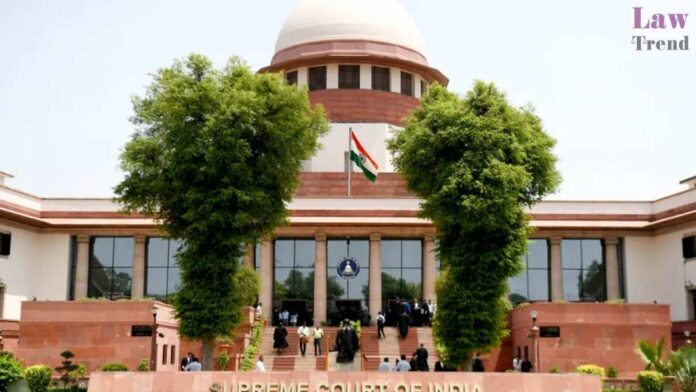The Supreme Court of India, in a significant ruling, has quashed criminal proceedings under Section 420 of the Indian Penal Code (IPC), holding that an offence of cheating is not made out if the alleged false representation was not a material fact that could have induced the complainant to act. A bench comprising Justice B.V.
To Read More Please Subscribe to VIP Membership for Unlimited Access to All the Articles, Download Available Copies of Judgments/Order, Acess to Central/State Bare Acts, Advertisement Free Content, Access to More than 4000 Legal Drafts( Readymade Editable Formats of Suits, Petitions, Writs, Legal Notices, Divorce Petitions, 138 Notices, Bail Applications etc.) in Hindi and English.




